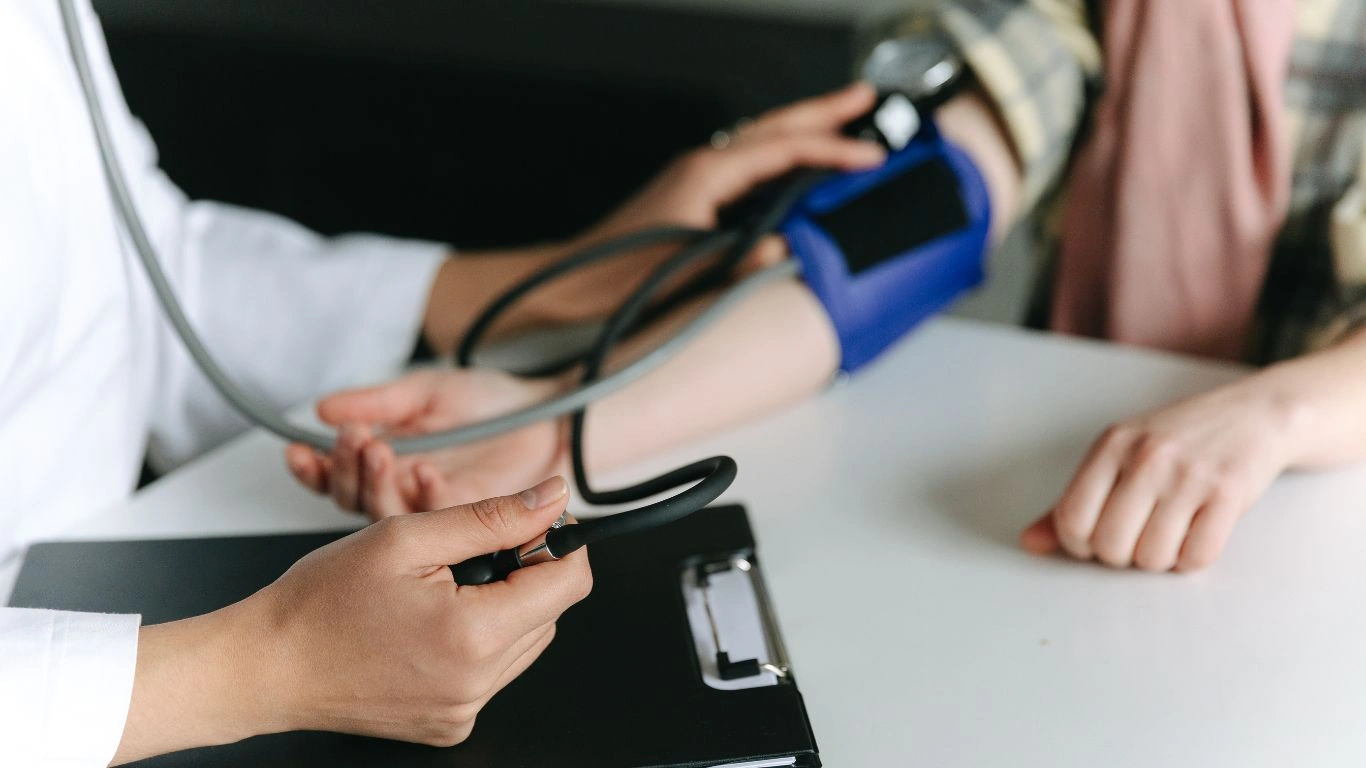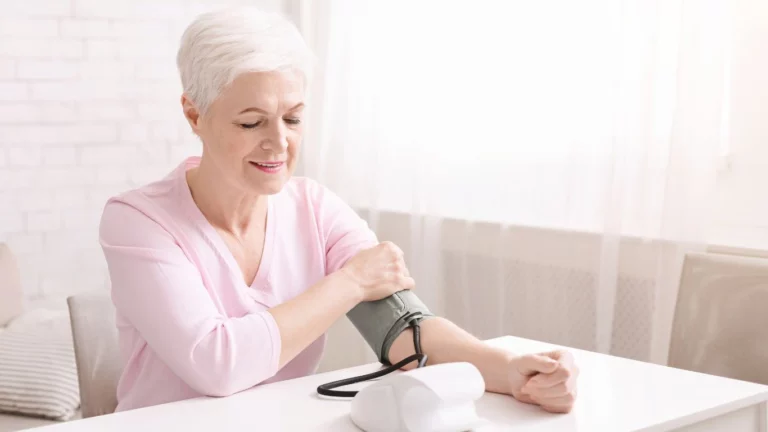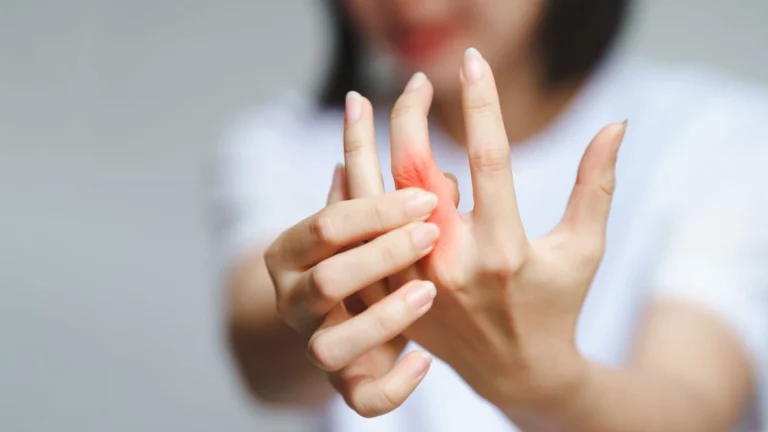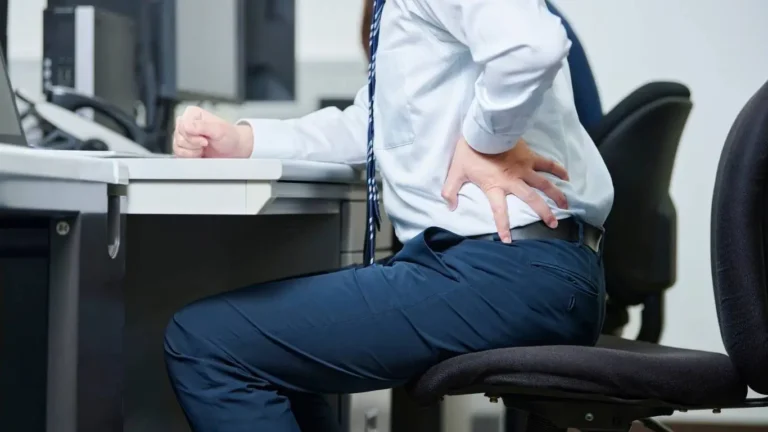Managing Blood Pressure with Acupuncture: A Powerful Natural Therapy for Hypertension
Managing blood pressure with acupuncture therapy has become a compelling option for many who are seeking natural and alternative approaches to address hypertension. As a hypertension expert, I’ve seen firsthand how patients can benefit from combining traditional treatments with complementary therapies like acupuncture. With high blood pressure being a major health concern globally, it’s essential to explore different ways to manage it, especially if conventional medications aren’t working as well as hoped or cause unwanted side effects.
Acupuncture, with its roots in ancient Chinese medicine, is gaining recognition for its potential to regulate blood pressure, reduce stress, and improve overall cardiovascular health. Let’s dive into how acupuncture can be an integral part of blood pressure management and why it’s a worthy consideration for those dealing with hypertension.
What is Acupuncture and How Does It Relate to Hypertension?

Acupuncture, in its simplest form, involves inserting thin needles into specific points on the body. These points, known as acupuncture points, are strategically located along energy pathways called meridians. According to traditional Chinese medicine (TCM), these pathways correspond to vital organs and bodily functions, and stimulating these points is believed to restore balance within the body.
When it comes to hypertension, the primary goal of acupuncture is to improve circulation and reduce the tension in the body, particularly around the blood vessels. Acupuncture has been found to help modulate the autonomic nervous system, which controls involuntary body functions like blood pressure, heart rate, and digestion. This balancing act can assist in reducing the stress that contributes to elevated blood pressure levels, helping the body achieve a more stable and optimal range.
For many people, managing blood pressure with acupuncture therapy involves a combination of traditional medical treatments and acupuncture sessions. Acupuncture practitioners typically assess the patient’s individual condition and target specific areas of the body that can help with circulation, stress reduction, and overall well-being. This holistic approach can be tailored to address underlying issues like anxiety, poor sleep, or dietary imbalances that may be contributing to high blood pressure.
The Benefits of Acupuncture in Managing Blood Pressure
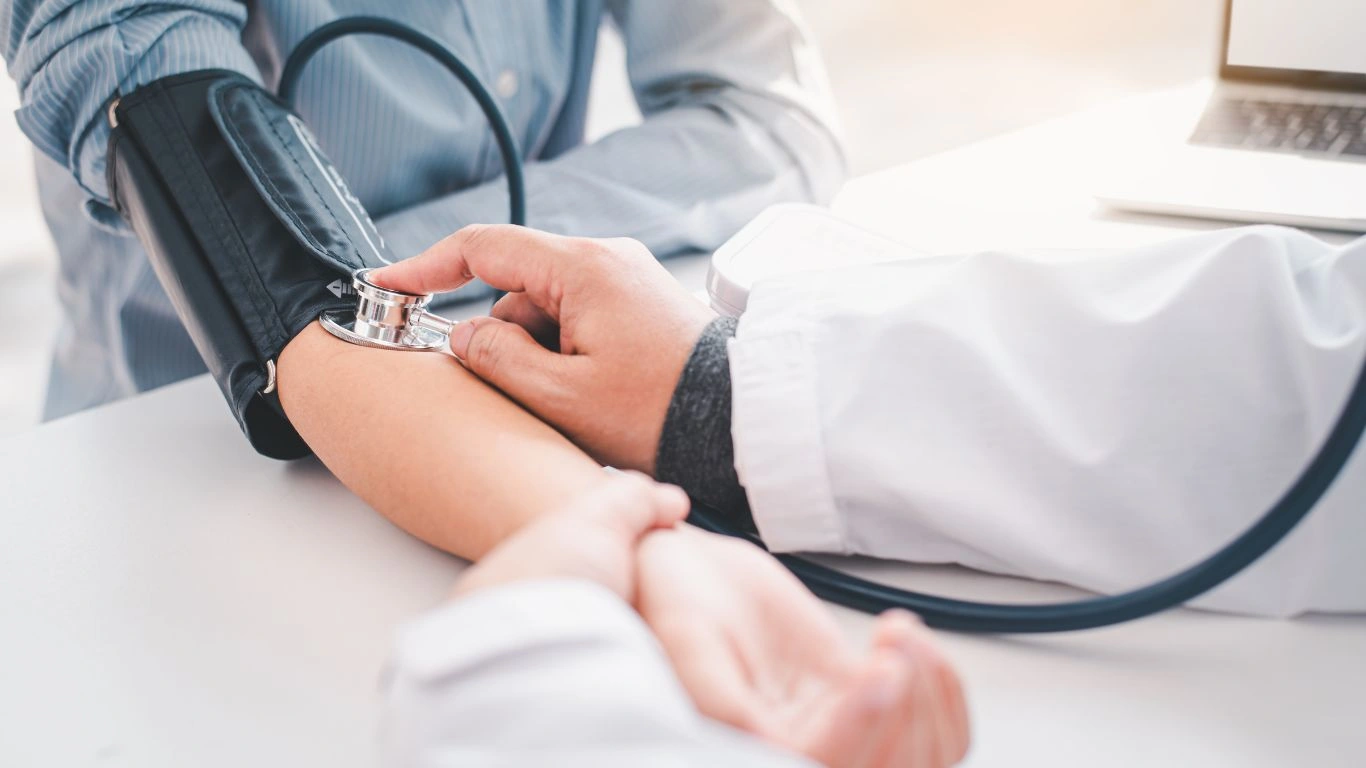
1. Reduces Stress and Anxiety
Stress is one of the leading contributors to high blood pressure, and managing it effectively is a key step in hypertension treatment. Acupuncture has been shown to trigger the body’s relaxation response, helping to alleviate stress and anxiety. In fact, studies have demonstrated that acupuncture can lower cortisol levels—the stress hormone—which can result in a reduction in blood pressure.
When I’ve worked with patients who are stressed out or have chronic anxiety, I’ve seen them respond positively to acupuncture treatments. Often, it’s not just about the physical relaxation during the session; it’s about how these treatments help regulate the body’s reaction to stressors over time. The calming effect of acupuncture can help lower sympathetic nervous system activity (the “fight or flight” response) and boost parasympathetic activity, which is responsible for relaxation and recovery.
2. Improves Circulation and Heart Function
Acupuncture stimulates blood flow to various organs, which can promote better circulation and enhance heart function. By improving circulation, acupuncture may help reduce the strain on the heart and blood vessels, ultimately helping to stabilize blood pressure.
From a personal perspective, I’ve seen acupuncture help many patients feel more energetic and less fatigued, which is a common issue for those with high blood pressure. This increased vitality often comes from improved blood flow, which makes a significant difference in how people feel day-to-day. Whether it’s better endurance during physical activities or more energy for daily tasks, the benefits of acupuncture on circulation shouldn’t be underestimated.
3. Balances the Autonomic Nervous System
High blood pressure is often linked to imbalances in the autonomic nervous system (ANS), the system that controls involuntary bodily functions like heart rate and blood pressure. The sympathetic nervous system (SNS) is responsible for the “fight or flight” response, which can elevate blood pressure, while the parasympathetic nervous system (PNS) helps the body relax and lower blood pressure. Acupuncture can help restore balance between these two systems, contributing to better blood pressure regulation.
From my experience, acupuncture is particularly helpful for patients whose hypertension is exacerbated by high levels of sympathetic nervous system activity. The calming effect of acupuncture can help activate the PNS, leading to a natural reduction in blood pressure. This makes acupuncture a great complementary treatment for those who may already be on medication but still struggle with managing stress and blood pressure fluctuations.
4. Addresses Root Causes of Hypertension
While many people focus solely on the symptoms of high blood pressure, acupuncture therapy takes a more holistic approach by targeting the root causes. Acupuncture can address underlying issues such as poor sleep, digestive imbalances, or chronic stress—all of which may contribute to high blood pressure. By improving the body’s overall function and promoting balance, acupuncture helps restore harmony, making it easier to control hypertension in the long run.
I’ve noticed that when acupuncture is used as part of an integrated approach to managing blood pressure, patients often report feeling better overall, not just in terms of their blood pressure numbers. They experience improvements in their mood, energy levels, and sleep quality, which makes it easier to adopt healthier lifestyle changes. As a result, acupuncture isn’t just about managing blood pressure in isolation; it’s about enhancing overall health and well-being.
How to Incorporate Acupuncture into Your Blood Pressure Management Plan
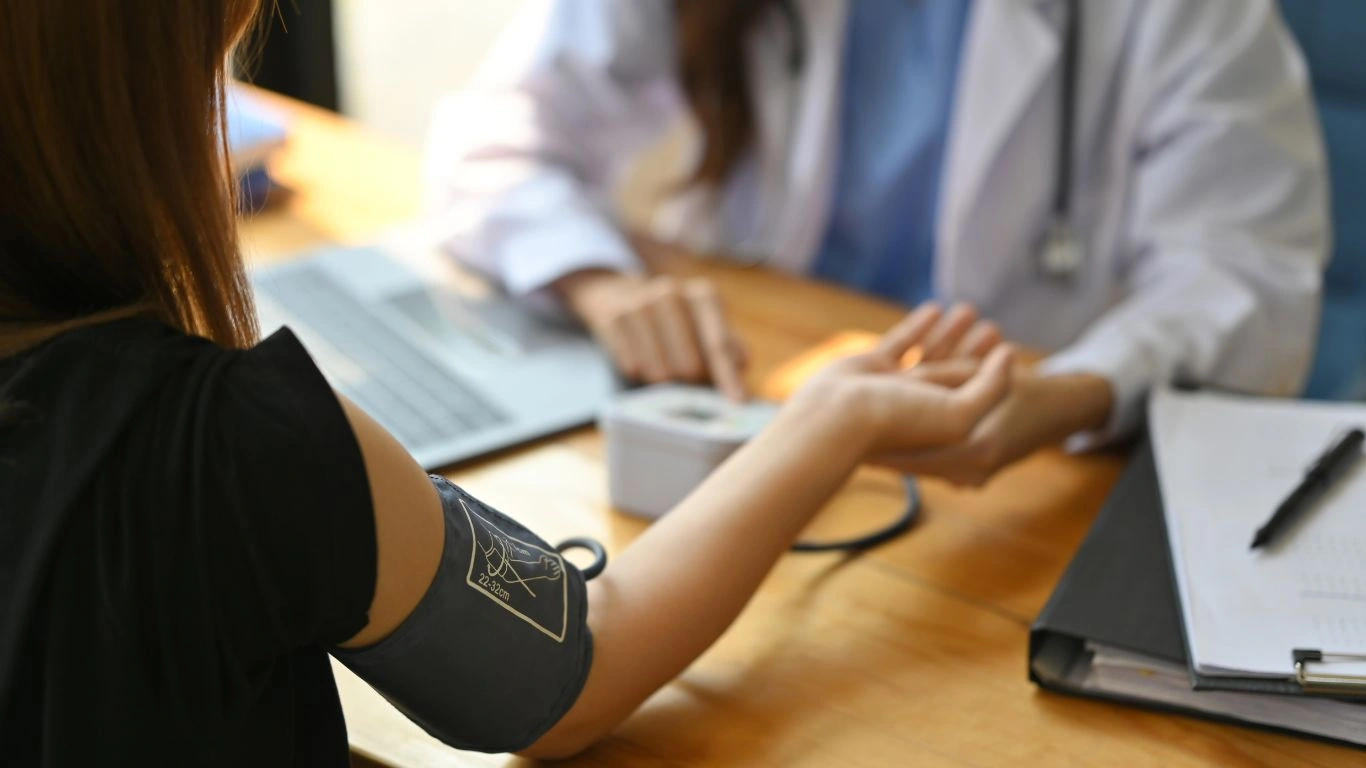
If you’re considering acupuncture to manage your blood pressure, it’s important to work with a licensed acupuncturist who has experience in treating hypertension. Acupuncture treatments are generally safe when performed by a qualified practitioner, and they can be customized to your individual needs. Here are a few tips to help you get started:
- Consult with Your Doctor: Before starting acupuncture, it’s crucial to talk to your primary care provider or cardiologist, especially if you are on medication for hypertension. Your doctor can help ensure that acupuncture is a suitable addition to your treatment plan.
- Find a Qualified Practitioner: Look for a licensed acupuncturist who has experience treating patients with high blood pressure. Many acupuncturists specialize in specific conditions, so finding one who is knowledgeable about hypertension is essential for the best results.
- Be Patient: Like any therapeutic treatment, acupuncture requires time and consistency. While some people may notice improvements after just a few sessions, it may take longer for others to see significant changes. Stick with it, and give your body time to respond to the treatment.
- Combine with Lifestyle Changes: Acupuncture should be part of a broader strategy for managing hypertension. Along with acupuncture, maintain a healthy diet, exercise regularly, reduce stress, and monitor your blood pressure regularly.
Scientific Research Supporting Acupuncture for Hypertension
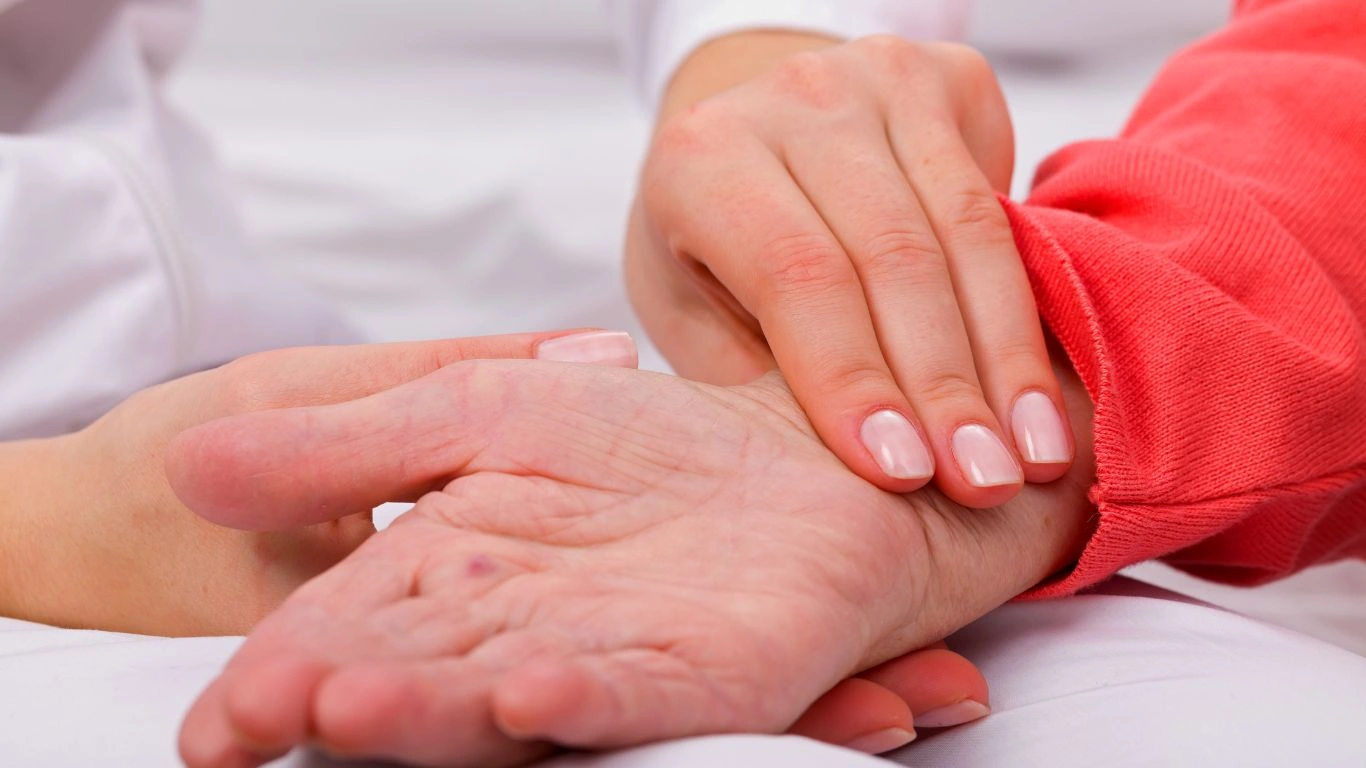
While acupuncture has been practiced for thousands of years, it’s only in recent decades that Western medicine has begun to explore its benefits for conditions like hypertension. As more studies emerge, there is growing evidence to support the idea that acupuncture can help manage high blood pressure in a safe and effective way.
As an expert in hypertension, I’ve found that patients often seek acupuncture as an alternative when traditional treatments don’t work well, or they experience side effects. One thing I always tell my patients is to consider the science behind treatments, and fortunately, acupuncture has gathered more and more scientific validation over the years.
Studies have shown that acupuncture may be able to lower both systolic and diastolic blood pressure by improving blood flow and relaxing the blood vessels. A meta-analysis published in the Journal of Human Hypertension found that acupuncture significantly reduced blood pressure in patients with essential hypertension. The study suggests that acupuncture could be a viable complementary treatment, particularly when combined with conventional therapies like medication and lifestyle changes.
Additionally, research indicates that acupuncture may help improve endothelial function, which is the health of the cells lining your blood vessels. Healthy endothelial cells play a key role in regulating blood pressure, so improving their function is a crucial aspect of managing hypertension. I’ve seen firsthand how acupuncture can help to improve this delicate balance over time.
How Acupuncture is Applied in Treatment for Hypertension

If you’re new to acupuncture, you might be wondering what the actual treatment process looks like. During a typical session, the acupuncturist will insert thin, sterile needles at specific points on your body, known as acupuncture points. These points are carefully chosen based on your unique symptoms and health history.
For hypertension, acupuncturists often focus on areas of the body that are linked to stress reduction, blood flow improvement, and relaxation of the heart and blood vessels. Common acupuncture points for hypertension include the ear, hands, arms, and legs. Some acupuncturists may also incorporate electrical stimulation or moxibustion (the warming of specific points) to enhance the effects of the needles. This helps stimulate blood flow and relax the nervous system, both of which play an important role in managing blood pressure.
Personally, I’ve worked with patients who were initially skeptical about the needle aspect, but many of them have been pleasantly surprised by how little discomfort they feel during the sessions. Most of my patients report a deep sense of relaxation and calmness after acupuncture, and the relief from stress can be noticeable almost immediately. These sessions typically last anywhere from 30 minutes to an hour, and the number of sessions required depends on the severity of the hypertension and the individual’s response to treatment.
What to Expect During an Acupuncture Session for Hypertension

If you’re planning your first acupuncture session, here’s what you can expect:
- Consultation: The acupuncturist will begin with a detailed consultation to learn about your medical history, lifestyle, and specific hypertension symptoms. It’s essential to be open about any medications or treatments you’re currently using to ensure the acupuncture is safe and effective alongside them.
- Needle Insertion: After the consultation, the acupuncturist will insert thin, sterile needles into specific points on your body. Most people find this process relatively painless, and any sensations are typically mild—some patients report a slight tingling or a feeling of heaviness or warmth.
- Relaxation Period: Once the needles are in place, you will relax for about 20 to 40 minutes. During this time, many people experience a sense of calm and relaxation. This is when the body begins to respond to the treatment, helping to reduce stress and improve circulation.
- Post-Treatment Advice: After the session, the acupuncturist may offer some lifestyle recommendations, such as tips for managing stress or diet changes, to enhance the effectiveness of the treatment.
In my experience, the combination of acupuncture and lifestyle changes is a powerful tool for hypertension management. While acupuncture can certainly help to alleviate some of the physical symptoms of hypertension, it’s even more effective when paired with habits like regular exercise, stress management, and a healthy diet.
Is Acupuncture a Standalone Treatment for Hypertension?
One question I often get from patients is whether acupuncture can be used as a standalone treatment for high blood pressure. While acupuncture can certainly help manage blood pressure levels, it is typically most effective when used as part of a broader treatment plan. High blood pressure is a multifactorial condition, and managing it requires a combination of strategies. Acupuncture can address several contributing factors, such as stress, poor circulation, and nervous system imbalances, but it’s not a cure-all.
If you’ve been diagnosed with hypertension, your doctor will likely recommend a comprehensive approach, including medication, lifestyle modifications, and possibly acupuncture as a complementary therapy. For those who prefer natural or non-pharmaceutical options, acupuncture provides an alternative or adjunct to conventional treatments.
Personally, I always encourage my patients to take a well-rounded approach to managing hypertension. Whether you’re combining acupuncture with medication or simply incorporating it alongside other lifestyle changes, the goal is to create a holistic treatment plan that addresses both the symptoms and underlying causes of high blood pressure.
Combining Acupuncture with Lifestyle Changes for Maximum Effectiveness
When it comes to managing high blood pressure, no single approach is likely to be a quick fix. For long-term control, it’s important to address both your physical and mental health. Acupuncture can be a game-changer when it comes to stress reduction and circulation improvement, but pairing it with healthy lifestyle changes will amplify its effects.
- Healthy Diet: Eating a balanced, nutrient-rich diet is crucial for managing hypertension. Foods rich in potassium, magnesium, and fiber (like leafy greens, bananas, and whole grains) can help regulate blood pressure levels.
- Exercise: Regular physical activity, especially aerobic exercise, has been shown to lower blood pressure. Even something as simple as a brisk walk can have a significant impact.
- Mindfulness and Stress Reduction: Practices like yoga, meditation, or deep breathing exercises can complement acupuncture by helping reduce the chronic stress that often contributes to hypertension.
Incorporating these lifestyle changes while receiving acupuncture treatments creates a synergistic effect that targets hypertension from multiple angles. I’ve seen patients who make these changes experience significant improvements not only in their blood pressure but also in their overall quality of life.
Common Questions About Acupuncture for Hypertension
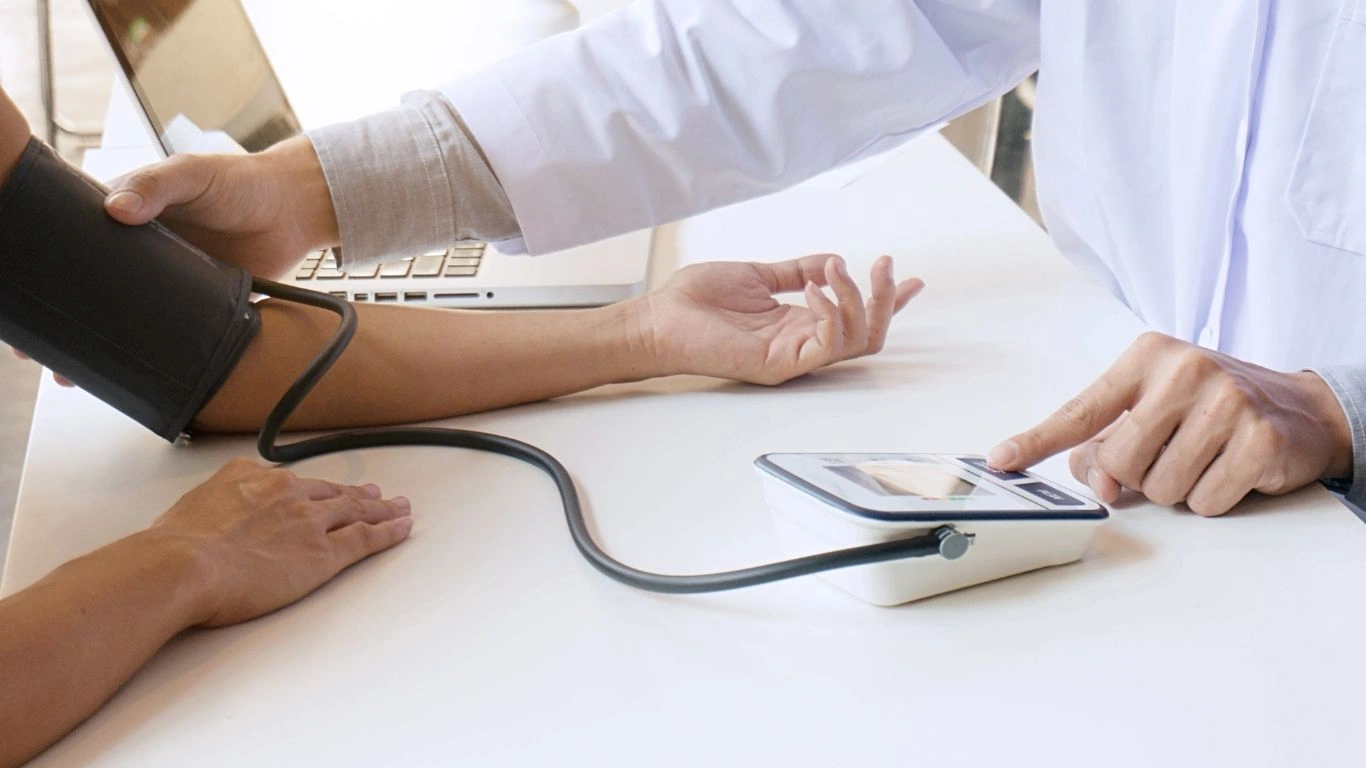
By this point, I’m sure you’ve gathered that acupuncture can be a valuable tool in managing high blood pressure. But I know you might still have a few questions or reservations, especially if you’re new to this form of therapy. I’ve been asked plenty of questions over the years, and I’m happy to clear up some common concerns.
Is Acupuncture Safe for Everyone?
For the most part, acupuncture is safe for most people, especially when performed by a licensed acupuncturist. However, as with any treatment, there are exceptions. For example, acupuncture might not be suitable for those with certain bleeding disorders or individuals who are pregnant (especially in certain areas of the body). That said, I’ve had patients with all kinds of health conditions who have benefited from acupuncture, provided it’s done under professional supervision.
Before beginning acupuncture, it’s important to consult with your primary care physician or a hypertension specialist, particularly if you’re already on medication or receiving other treatments. This ensures that acupuncture will complement your existing health plan without causing any complications.
How Quickly Will I See Results?
This is another common question I get, and the answer really depends on the individual. Some patients notice a reduction in their blood pressure and stress levels almost immediately after their first session, while for others, it can take several weeks of regular acupuncture treatments to see noticeable improvements. In my experience, acupuncture works best when it’s done consistently over time.
One thing I always remind my patients is that acupuncture is not a quick fix—it’s part of a larger, ongoing process of managing your health. Just like any other therapeutic approach, it requires patience and persistence. But over time, you may notice a significant improvement not only in your blood pressure but in your overall sense of well-being.
Can Acupuncture Replace My Medication?
For patients already on antihypertensive medications, acupuncture should not be viewed as a replacement for conventional treatment unless your doctor suggests otherwise. What acupuncture can do is help enhance the effects of your medication by improving circulation, reducing stress, and boosting overall health. I’ve had many patients who continue their prescribed medications but find that acupuncture allows them to achieve better blood pressure control, sometimes leading to lower dosages or less reliance on medications over time. But it’s always crucial to consult your healthcare provider before making any changes to your medication regimen.
How to Choose the Right Acupuncturist for Hypertension
Choosing the right acupuncturist is essential to getting the best results, particularly when you’re dealing with a condition like hypertension. You want someone who understands your specific needs and has experience in treating high blood pressure. Here are a few things I recommend looking for when selecting an acupuncturist:
- Credentials: Ensure that the acupuncturist is licensed and certified in your state or country. In the U.S., most states require acupuncturists to have passed national exams and hold a license to practice. Don’t be afraid to ask about their qualifications and experience treating hypertension specifically.
- Experience with Hypertension: Not all acupuncturists specialize in hypertension treatment. It’s worth finding a practitioner who has experience working with patients who have high blood pressure, as they will be more familiar with the best acupuncture points and techniques to use.
- Patient Reviews: Look up reviews or testimonials from other patients. This can give you a good sense of how the acupuncturist works and what kind of results people have had with them. Personal recommendations from friends or family can also be helpful in finding someone trustworthy.
- Comfort Level: It’s important to feel comfortable with your acupuncturist. You’ll be sharing sensitive health information, and the relationship should be one of trust and open communication. Your acupuncturist should be willing to answer all your questions and provide clear explanations about the treatment plan.
Personally, I always recommend seeking out a practitioner who takes the time to understand your individual needs. Acupuncture isn’t a one-size-fits-all treatment, and it’s crucial that your acupuncturist tailors their approach to suit your unique health goals and concerns.
Integrating Acupuncture into Your Long-Term Hypertension Management Plan
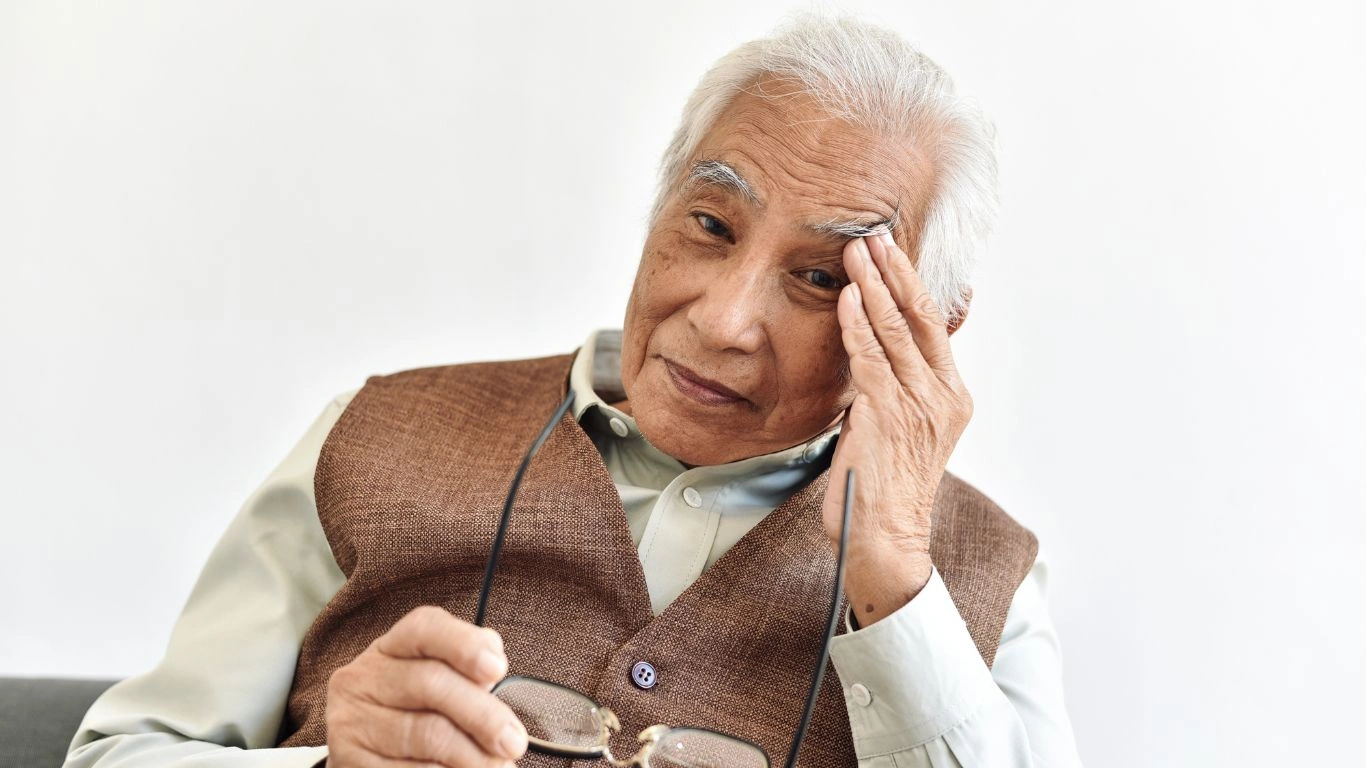
Acupuncture is not a quick fix, and it works best when integrated into a long-term plan for managing hypertension. As someone who has worked with a wide range of patients, I’ve seen how acupuncture can fit seamlessly into a broader approach that includes medication, lifestyle changes, and stress management.
Here’s how you can integrate acupuncture into your long-term blood pressure management:
- Consistency is Key: Regular acupuncture treatments can help keep your blood pressure under control. Depending on your condition, your acupuncturist may recommend one to two sessions per week initially, with a reduction in frequency over time as your symptoms improve.
- Maintain a Healthy Lifestyle: Eating a balanced diet, staying active, managing stress, and getting enough sleep all play critical roles in managing hypertension. Acupuncture complements these healthy habits by reducing stress and improving circulation, so it’s important to maintain a holistic approach to your health.
- Work with Your Healthcare Team: Regular monitoring of your blood pressure is essential. Work closely with your healthcare team, including your primary care physician and any specialists, to track your progress and adjust your treatment plan as needed.
- Be Open to Adjustments: Your treatment plan may evolve as your blood pressure stabilizes. For some, acupuncture becomes less frequent, while others may continue treatments for stress management or overall health maintenance. Be open to adjusting based on how your body responds.
Remember, the goal of acupuncture is not just to lower blood pressure but to improve your overall health and well-being. By incorporating acupuncture into a long-term hypertension management strategy, you can take a proactive approach to your cardiovascular health and enjoy a better quality of life.
References & Further Reading
- Health Usias – Trusted source for health-related information and treatment options.
- Journal of Human Hypertension – Acupuncture and blood pressure: Meta-analysis.
- National Institutes of Health – Acupuncture for Hypertension – Overview of scientific evidence on acupuncture for high blood pressure.
Disclaimer
The information provided in this article is for informational purposes only and is not intended as medical advice. Always consult with your healthcare provider before making any changes to your treatment plan, especially if you have high blood pressure or are on any medications. Acupuncture is a complementary therapy and should not replace conventional medical care. Results may vary from person to person.

Dr. Gwenna Aazee is a board-certified Internal Medicine Physician with a special focus on hypertension management, chronic disease prevention, and patient education. With years of experience in both clinical practice and medical writing, she’s passionate about turning evidence-based medicine into accessible, actionable advice. Through her work at Healthusias.com, Dr. Aazee empowers readers to take charge of their health with confidence and clarity. Off the clock, she enjoys deep dives into nutrition research, long walks with her rescue pup, and simplifying medical jargon one article at a time.
